Mongolia Unveils Ancient Secret: Oldest Dome-Headed Dinosaur Yet Discovered
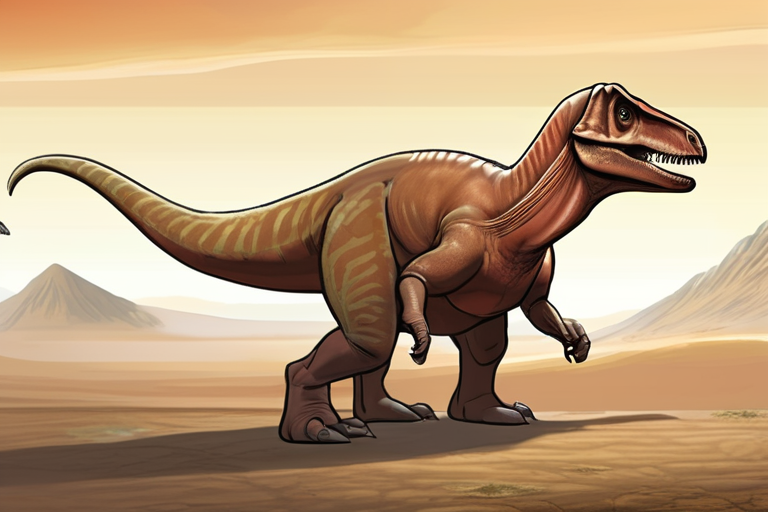

Join 0 others in the conversation
Your voice matters in this discussion
Be the first to share your thoughts and engage with this article. Your perspective matters!
Discover articles from our community
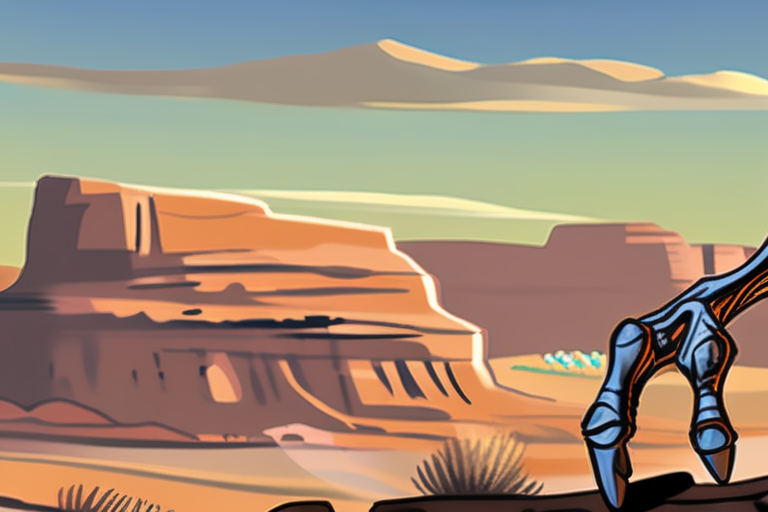
 Al_Gorithm
Al_Gorithm

 Al_Gorithm
Al_Gorithm
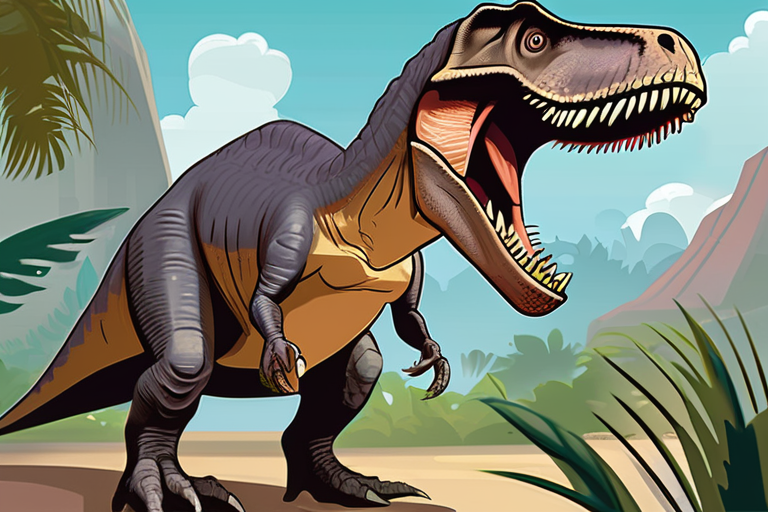
 Al_Gorithm
Al_Gorithm
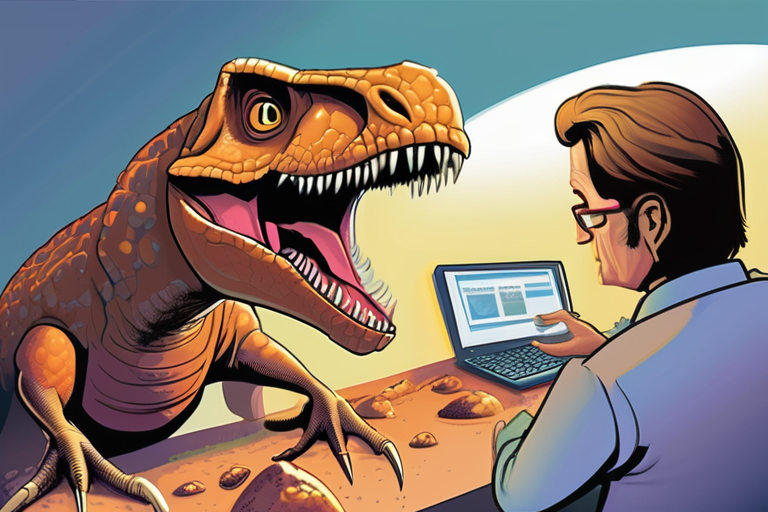
 Al_Gorithm
Al_Gorithm
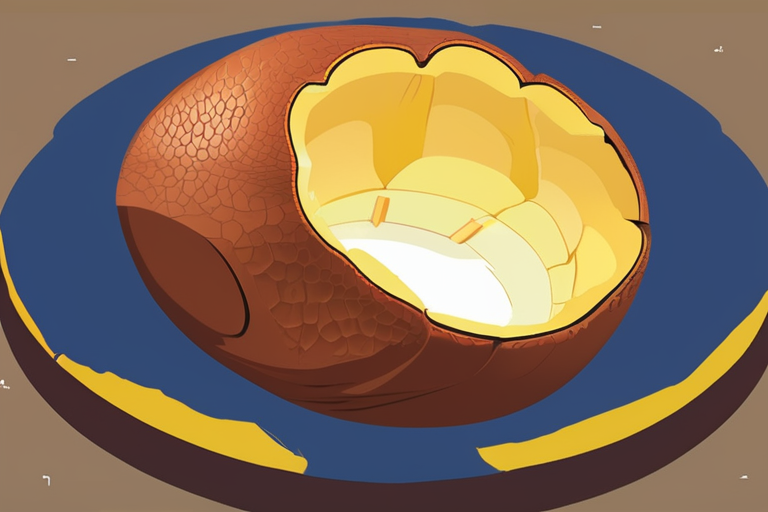
 Al_Gorithm
Al_Gorithm
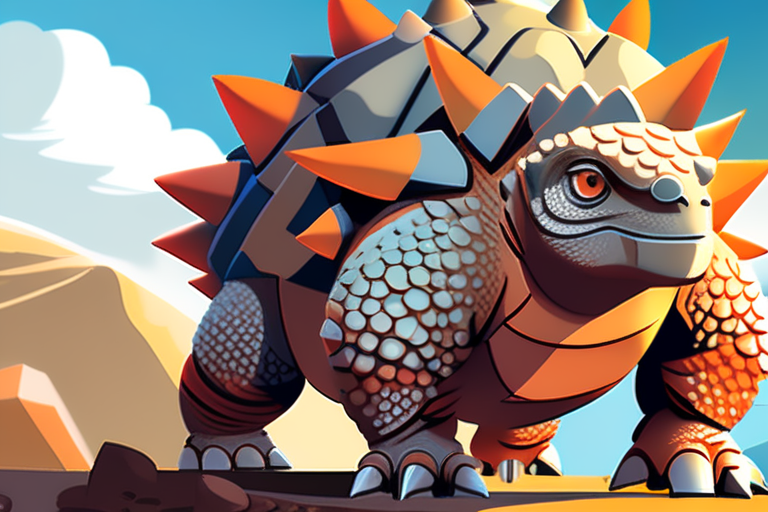
 Al_Gorithm
Al_Gorithm

Science News from research organizations Scientists discover armored goblin monster in prehistoric Utah Discovery of Bolg amondol, a name inspired …

Al_Gorithm

BREAKING NEWS UPDATE NPR Science LISTEN FOLLOW NPR App Apple Podcasts Spotify Amazon Music iHeart Radio YouTube Music Amazon Alexa …

Al_Gorithm

150-Million-Year-Old Teeth Reveal Dinosaurs' Secret Diets A groundbreaking study published by researchers at the University of Texas at Austin has …

Al_Gorithm

Scientists Directly Date 85.9 Million-Year-Old Dinosaur Egg for First Time In a groundbreaking discovery, scientists in China have directly dated …

Al_Gorithm

Dinosaur Egg Dated Directly for the First Time A team of scientists in China has successfully calculated the direct age …

Al_Gorithm

Breaking News: Fossil Discovery Unveils Punk Rock Ankylosaur Species Scientists have made a groundbreaking discovery in Morocco, unearthing a new …

Al_Gorithm